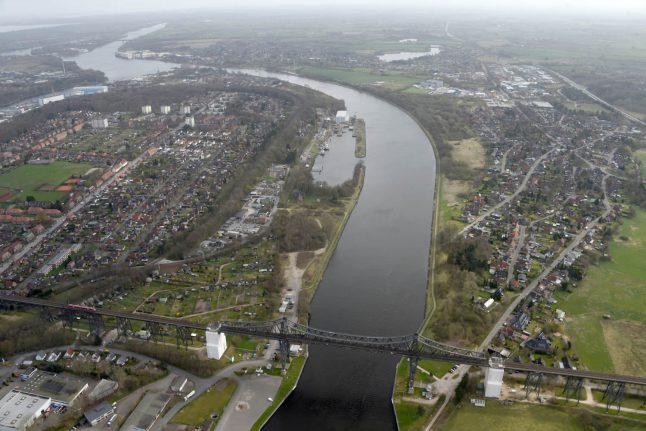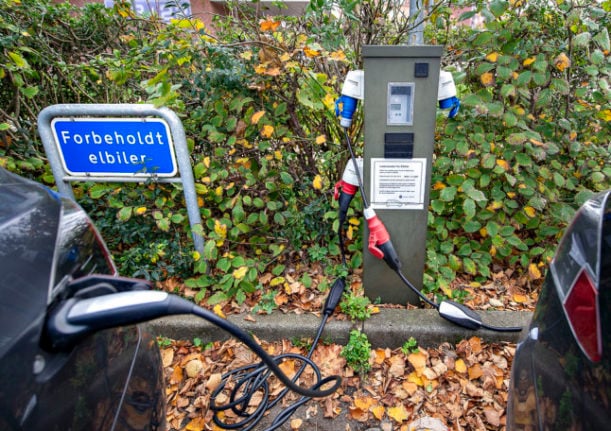“When it comes to expanding the infrastructure, we have so far had the big problem of long approval and planning times,” the CSU politician who heads up Transport and Digital Infrastructure, told DPA in Berlin.
“This applies to railway lines, roads, bridges and waterways, but also to the expansion of mobile phone masts and fibre optics,” Scheuer said.
A mobile phone mast, for example, requires 18 months for permits in Germany, while in other European countries it takes just four to six months. “We have to get there. We need a modernization and acceleration push for Germany.”
In autumn last year, Scheuer presented a bill to accelerate important infrastructure projects. Shortly before Christmas, the Bundesrat dealt with it but asked for improvements to the bill. This Wednesday, the Federal Cabinet will re-examine the initiative.
READ ALSO: Germany's (dis)connectivity: Can the broadband Internet gap be bridged?
According to Scheuer's draft bill, instead of lengthy planning approval procedures, an approval decision the Bundestag should now be tested in pilot projects.
According to the Ministry, the 12 planned pilot projects include seven rail projects and five waterway projects – including the deepening of the Kiel Canal in Schleswig-Holstein and the expansion of the Wesel-Datteln Canal in North-Rhine Westphalia.
Germany’s 16 states welcomed the plans in principle, but had proposed further projects. In addition planning procedures for replacement new constructions should be streamlined – in the case of bridges that are falling out of repair, for example.
Scheuer told the Redaktionsnetzwerk Deutschland on Wednesday: “In the next few weeks we will take decisive steps to accelerate planning for large infrastructure projects.”
A bridge from the 1970s, which will be demolished and replaced by a new, identical bridge will no longer need years of planning approval procedures, he said.
READ ALSO: New map shows Germany's mobile dead zones
Vocabulary
Mobile phone mast – (der) Mobilfunkmast
Bridge – (die) Brücke
Railway lines – (die) Bahnstrecken
Federal Minister for Transport and Digital Infrastructure – Bundesminister für Verkehr und digitale Infrastruktur
Improvement/correction – (die) Nachbesserung
Draft bill – (der) Gesetzentwurf
We're aiming to help our readers improve their German by translating vocabulary from some of our news stories. Did you find this article useful? Let us know.



 Please whitelist us to continue reading.
Please whitelist us to continue reading.
Member comments